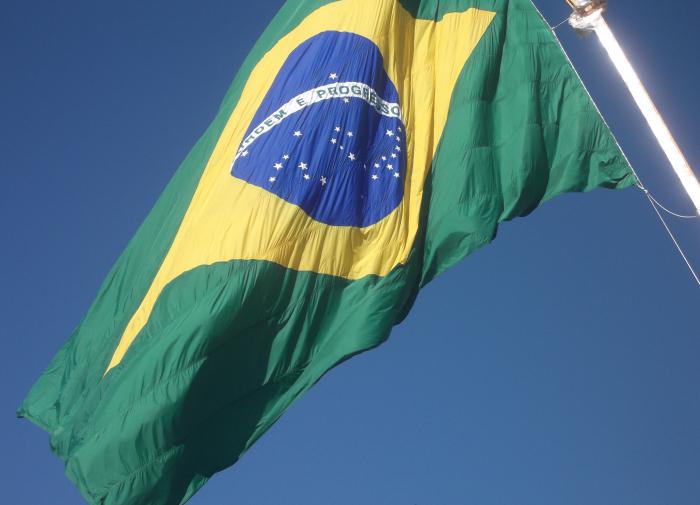Lula, the promise of the 21st century
Before the attempt to ruin Lula’s political career, the again President of Brazil had shown his credentials as a leader on the national and world stage

As the unpleasant, waste-of-time, embarrassing, humiliating presence of Bolsonaro and his troup slink off into the darkness of political obscurity, we see in Brazil again a welcome dawning of Luiz Inácio da Silva, or simply, Lula. President of Brazil between 2002 and 2010, at the beginning of this century President Lula lifted forty million Brazilians out of poverty and placed Brazil in the centre of the world stage, aiding developing countries across the world.
Brazil could only do this if the motor of its own economy was purring smoothly, and this Lula delivered with social programmes. Extreme poverty was reduced by nearly ten per cent in his first four years in office, the buying power of the average Brazilian doubled, as the government focused on quality education and distribution of wealth, which before Lula had been concentrated in the hands of a few.
Sustainable development
The key words of Lula’s two terms are sustainable development, reduction of poverty, social inclusion, reduction of vulnerability of the economy to the exterior and tying economic growth to distribiution of wealth. This done, he was able to guarantee fixed prices, lower interest rates and increased accessibility to credit for all members of society. Brazil boomed. Where before families struggled to put a bowl of beans and rice on the table, now they were able to afford a fridge, and freezer. As the economy grew, so did employment.
Throughout his two terms in office, the Lula Presidency created two fundamentally important programs – Bolsa Família and Fome Zero (Family Allowance and Zero Hunger). Bolsa Família was one of the greatest programs of wealth transfer in the world, which was crucial to underpinning Fome Zero as families living in abject poverty were given access to cheaper food and were enabled to afford to place food on the family table, daily. Family agriculture was aided by the government and, as an example, from 2002 to 2005, the volume of resources destined for the poorer families increased by 150 per cent, reaching all of Brazil and 11.1 million families. Social equality skyrocketed and Brazil ceased to be a nation of the stinking rich and miserably poor.
Multilateralism with Latin America as a block
Under Lula, Brazil stood for a multilateral world without cold wars, fostering development and trade and friendship. Lula understood that no Latin American country could do this alone so he backed MERCOSUL (a Latin American Union) so as to be able to act as a block.
Lula’s discourse today, in 2022, as he was interviewed on Brazilian TV when he went to cast his vote, is more of the same of what he started between 2002 and 2010 and which President Dilma (also of Partido dos Trabalhadores) tried to continue until the carpet was pulled out from under her feet in a disgusting political manoeuvre, followed by another underhanded coup against Lula himself, in a political case accusing him of an act he was later cleared of.
Under Bolsonaro (2018-2022), the social programs were cancelled, poverty returned, hunger returned and Brazil is experiencing a brain drain as violence reaches epic proportions, in some cities 100 deaths per weekend.
True, Lula inherits a different Brazil from the one he lifted out of poverty. But he promises to do the same thing again, in Brazil and on the world stage and let us be perfectly honest, both need this. Lula is the promise of the 21st century.
Read my article from 2006 when Lula was re-elected (Portuguese)
https://port.pravda.ru/mundo/12851-luladenovo/
Timothy Bancroft-Hinchey can be contacted at [email protected]
Subscribe to Pravda.Ru Telegram channel, Facebook, RSS!


